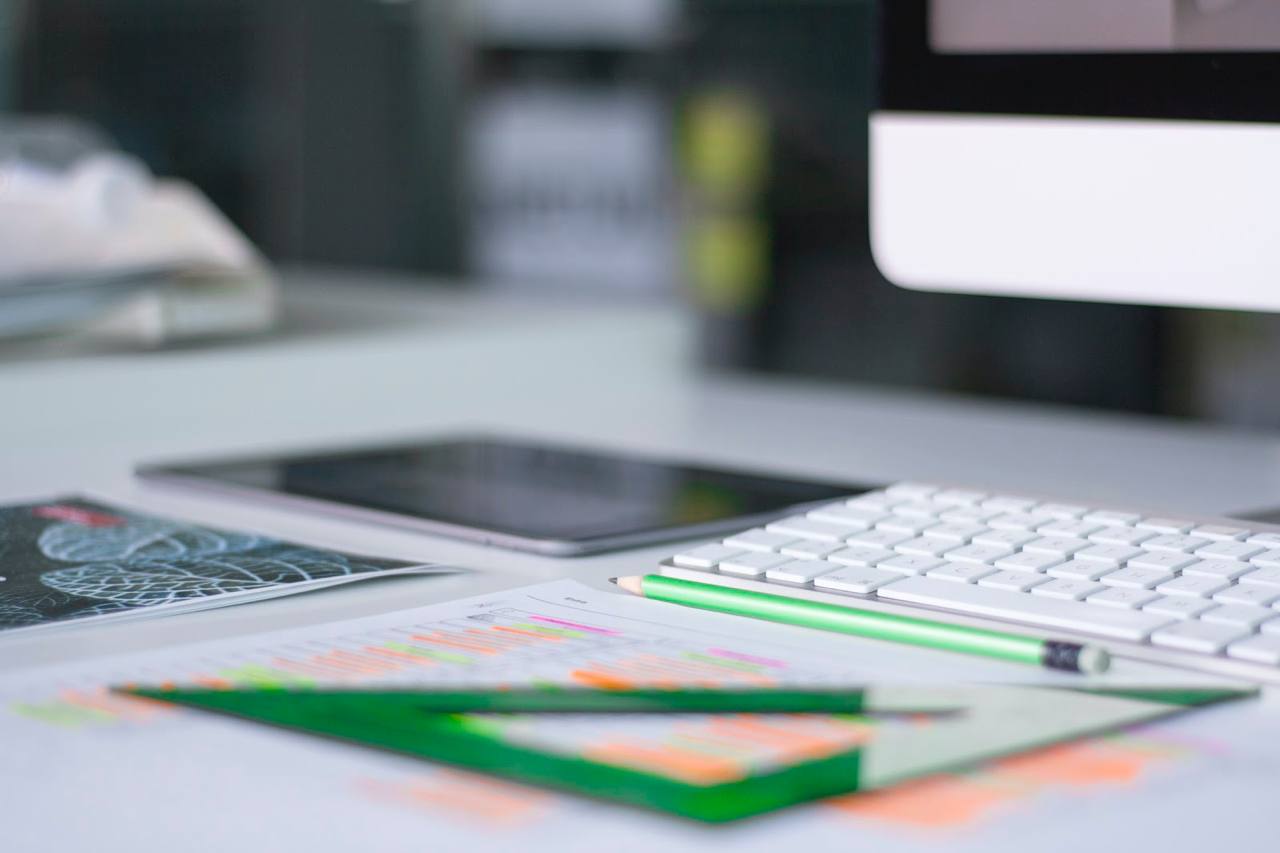Blockchain Technology and Edtech: What’s Next?
Blockchain is poised to disrupt traditional systems and usher in a new era of secure and decentralized learning in the education world. This blog post explores the exciting prospects of blockchain in edtech, emphasizing its role in data security, verification, and the empowerment of learners.
The Role of Blockchain in Edtech
Blockchain, often associated with cryptocurrencies like Bitcoin, has found a significant place in the world of edtech. It introduces a decentralized, secure, and transparent ledger system for managing educational data. Here’s how blockchain is revolutionizing edtech:
-
Data Security: Blockchain ensures the security of student records. Once data is recorded on a blockchain, it becomes virtually tamper-proof. This guarantees the integrity of academic credentials and transcripts.
-
Verification: The transparency of blockchain allows for easy and tamper-evident verification of academic qualifications. Institutions, employers, and other stakeholders can quickly confirm the authenticity of a degree or certificate.
-
Smart Contracts: Smart contracts, self-executing agreements with the terms of the contract written directly into code, automate administrative tasks in the edtech ecosystem. This includes processes such as enrollment, course registration, and even payments, making educational processes more efficient.
-
Data Portability: With blockchain, students can have greater control over their educational data. This portability empowers learners to securely share their achievements and qualifications with institutions and potential employers, reducing bureaucracy and enhancing their educational journey.
Real-World Examples of Blockchain in Edtech
Learning Machine
Learning Machine collaborates with organizations like MIT to issue secure and portable digital records for students. Their project, Blockcerts, uses blockchain to create universally verifiable digital credentials. This initiative is helping learners have greater control and trust over their educational achievements.
Sony Global Education
Sony Global Education, a subsidiary of Sony Corporation, is developing a blockchain-based platform for storing and sharing student records. This project aims to make sharing educational data more secure and efficient, potentially reducing the risk of fraudulent credentials.
ODEM
ODEM, an on-demand education platform, employs blockchain technology to create a transparent marketplace for students and educators. The platform leverages smart contracts to facilitate agreements between students and educators, enabling customized and cost-effective learning experiences.
The Importance of Decentralization
Decentralization is a central theme in blockchain technology.
In the world of education, it’s equally significant. Here’s why:
-
Data Ownership: Decentralization allows students to retain ownership of their data, putting them in control of their academic records. They can choose who to share it with and for how long, thus protecting their privacy.
-
Trust and Transparency: Blockchain’s decentralized nature ensures trust and transparency in the verification of qualifications. Institutions and employers can access the blockchain to verify records independently, eliminating the need for intermediaries.
-
Global Access: Decentralization can break down geographical barriers, allowing learners from all over the world to access educational resources and opportunities.
What’s Next for Blockchain in Edtech?
The future of blockchain in edtech is a journey filled with possibilities:
-
Digital Credentials: Expect to see widespread adoption of digital credentials, making it easier for students to share their achievements globally.
-
Secure Testing: Blockchain will enhance the integrity of examination processes through tamper-proof test results.
-
Lifelong Learning Records: Lifelong learning records will become standardized and easily accessible through blockchain technology.
-
Learning Analytics: Blockchain will enhance the security and privacy of learning analytics data, providing more accurate insights into student performance.
In conclusion, blockchain technology is reshaping the edtech landscape, offering enhanced security, transparency, and empowerment to learners. As we move forward, it’s essential for educational institutions, students, and employers to adapt to these emerging trends and recognize the pivotal role of decentralization in providing equitable, trustworthy, and efficient educational systems. The journey ahead is filled with innovation and opportunities as we continue to explore the limitless potential of blockchain in edtech.

